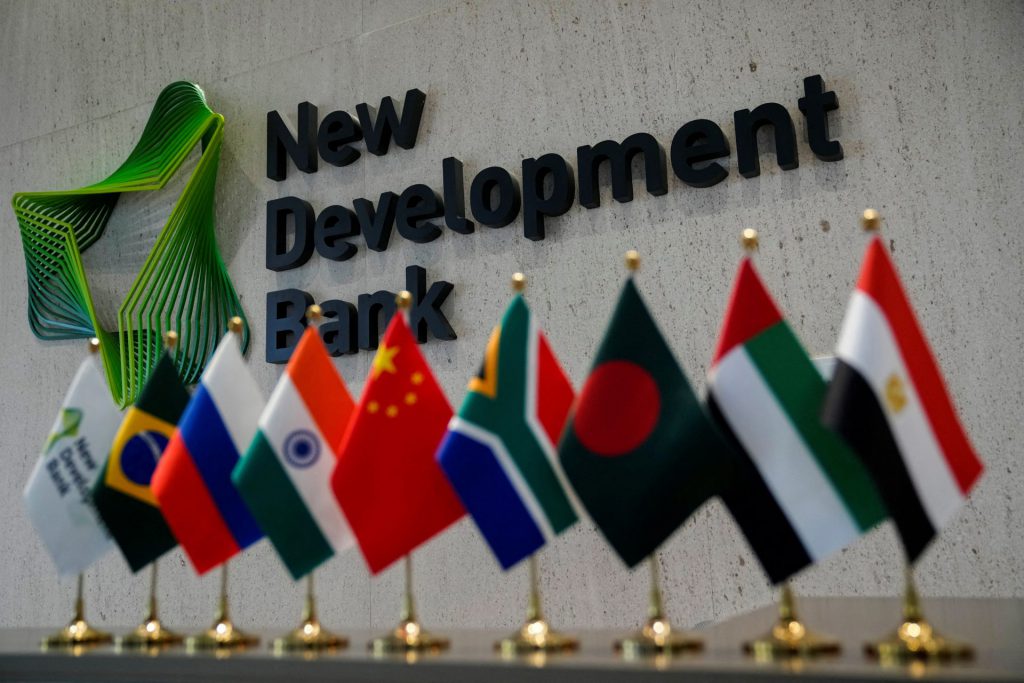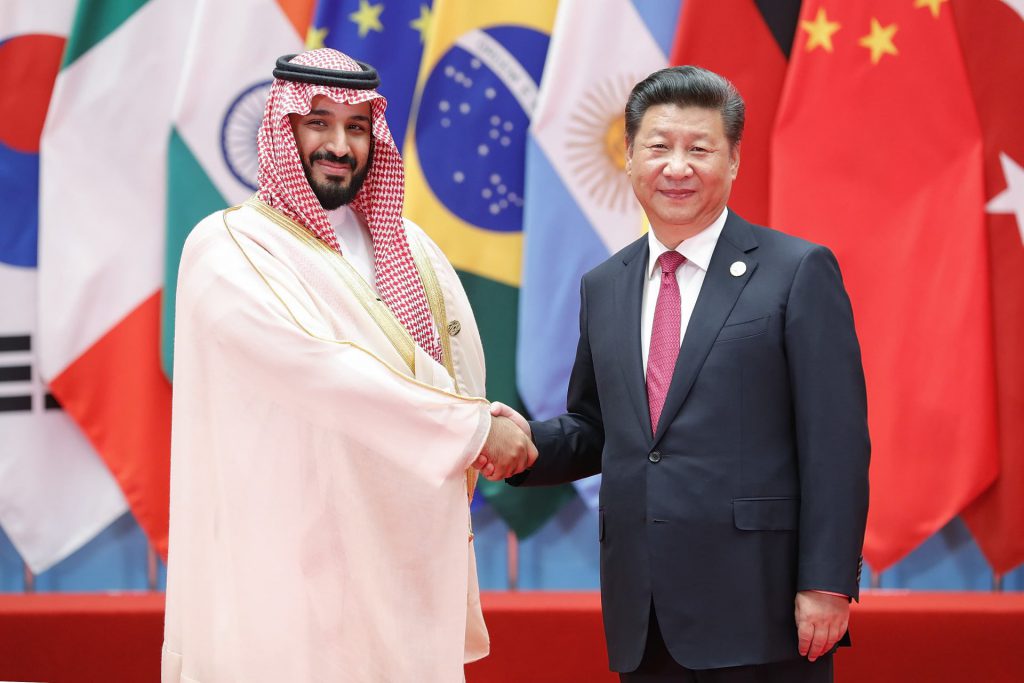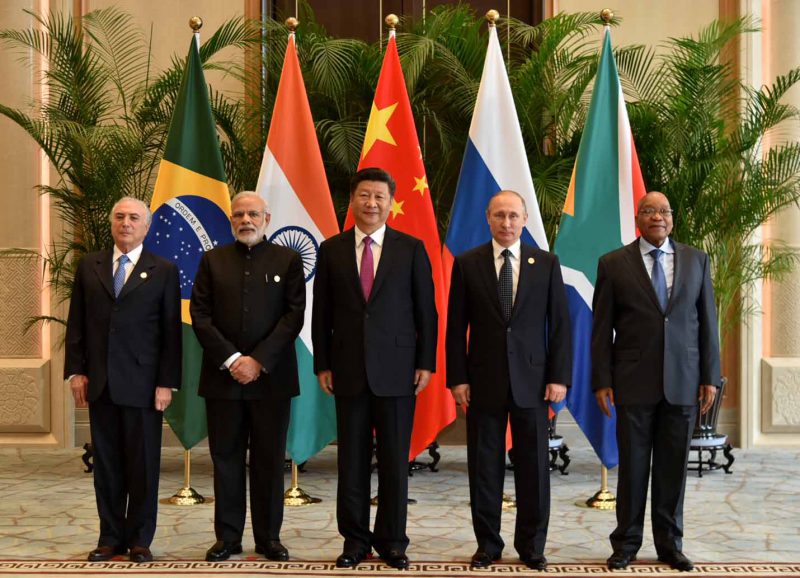As the geopolitical sphere converses over the changing power balance, the BRICS summit is just a few weeks away. Moreover, the gathering could bring forth a starkly different economic alliance, with expansion being a likely outcome. Nevertheless, the IMF already projects the BRICS bloc to make up one-third of the global economy (PPP) by 2028.
According to the gathered data, the bloc is already outpacing the G7 countries in growth. Indeed, the current projects have the BRICS totaling 33.7% of the world economy by GDP (PPP). Alternatively, the G7 nations would only constitute 27.8%. Yet, this disparity could only grow larger with more nations seeking entry into the alliance.


Also Read: BRICS Currency Will be Discussed at August Summit, Says Russian Leader
BRICS To Lead the Global Economy by 2028?
The growing relevance of the BRICS economic bloc has been an undeniable story of the year thus far. Brazil, Russia, India, China, and South Africa have all encouraged geopolitical discourse over the eventual fate of the bloc. Specifically, just how prevalent it could be amidst its expansion efforts and de-dollarization campaigns.
Alongside that, the IMF has projected that the BRICS could make up one-third of the global economy by 2028. Noting a stark change to what has been the long-held status quo of seeing the G7 countries of the West dominate the global economy. However, the growth rate firmly stands in favor of the BRICS bloc, with expansion likely to widen the gap.


The projections, reported by VisualCapitalist, noted that China will hold a remarkable 19.7% of the world’s economy by 2028. Moreover, that figure will have it firmly atop the global ranking, ahead of the United States at 14.5%. Then India would be firmly entrenched in third place, making up 8.6% of the world’s economy, with Japan’s 3.3% in a distant third.
Also Read: 74 Countries Ready to Attend BRICS Summit in August
Those figures would be rounded out by Russia, Brazil, and South Africa sporting 2.6%, 2.2%, and 0.5%, respectively. However, these figures do not account for how the economic alliance could change in the coming months. Specifically, with the bloc exploring the expansion of economic powerhouses like Saudi Arabia and the United Arab Emirates.
Additionally, countries like Brazil and South Africa could receive a boost from collective de-dollarization efforts by the bloc. The economic benefit to these countries and the lessening effect of Russian sanctions could only make the disparity between the West and BRICS even greater. A development that would certainly change the geopolitical outlook.





